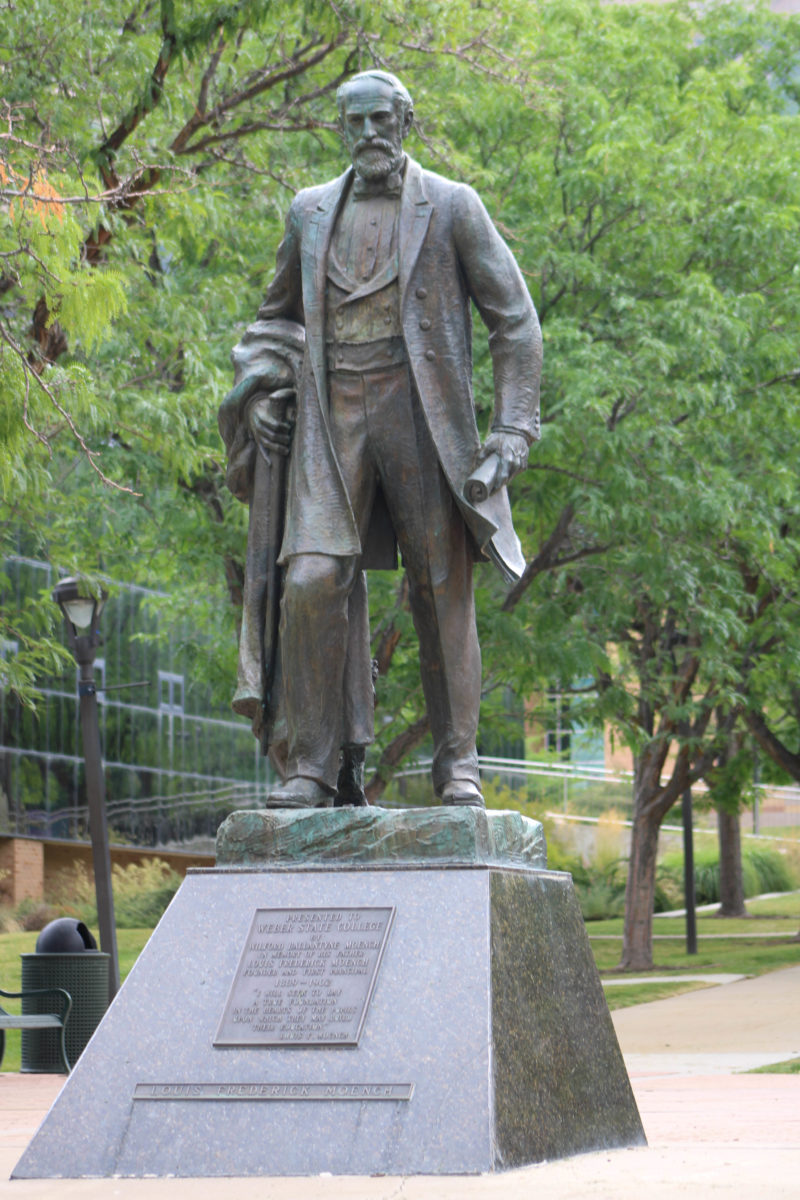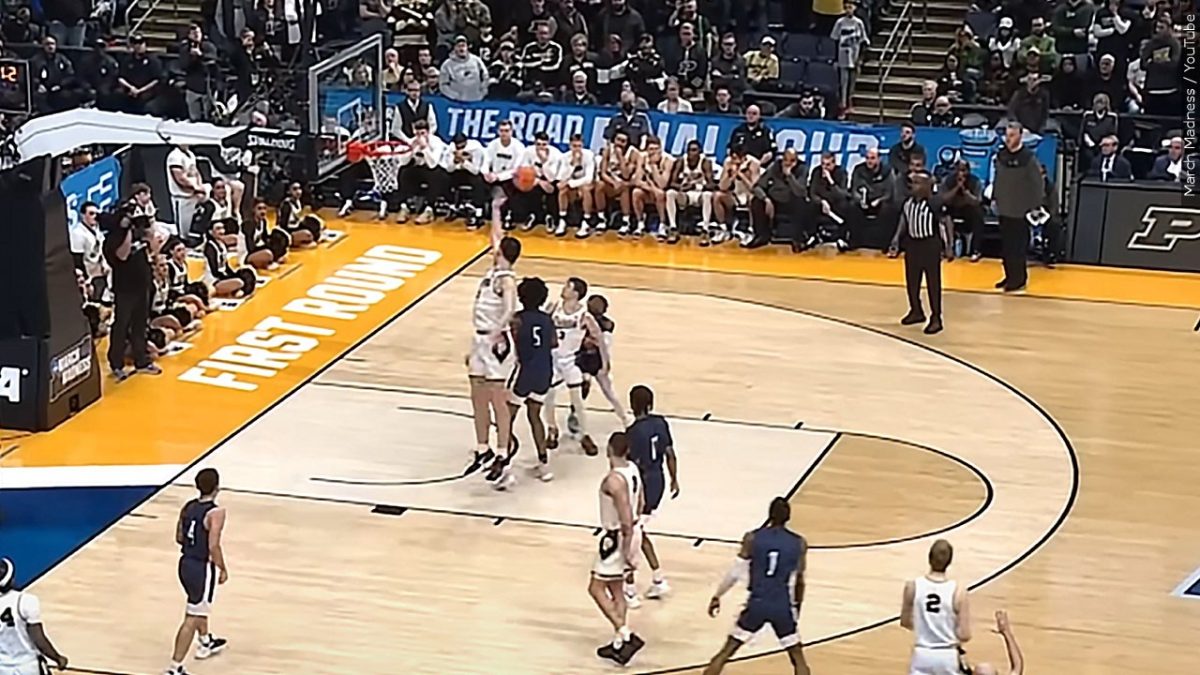
With 83 percent of Americans identifying as Christians and 4 percent making up a mosaic of all other religions, what’s to be said of the last 13 percent? Remove a million or so agnostics, and only the faithless remain.
Entailed in the First Amendment are clauses protecting the free exercise of any religion, so American culture is imbued with respect for theological diversity—or so it began. The contemporary culture, however, is more hostile toward those who do not subscribe to any one of the estimated 4,200 belief systems existing today. Atheists, in America, are ostracized.
The faithless are considered exotic, especially in a state as permeated by the prevailing religious tenants as Utah. Recently, at Weber State University, a professor assigned each student in one class to interview an atheist, inquiring as to what set them on this less-traveled metaphysical path.
Had this question been modified to query the cause of subscription to any organized faith, the answers would undoubtedly be founded in upbringing, the next most common being exposure by recruitment—not once during such a survey would the testament be heard, “I studied the rich, intricate complexities of every last one of them, and I found this one in particular to be the most logical, accurate and inherently true.”
The adverse, however, is often the case for those who opt out of theology altogether. For most atheists, the testimonies of those declaring their religion to be the only truth in a veritable sea of truths is overconfident to the point of offense. This is because belief rooted exclusively in belief itself is incompatible with logic, the system of reasoning that most atheists elect to construct their model of life and the universe.
Though not a popular position, theology is, by its fundamental nature, discordant with science. Because humans are unyieldingly curious creatures, the incessant march of science and technology continues to eclipse theology in what is referred to as the “God of the Gaps” phenomenon. In other words, with every testable, mathematical and analytical advance in the collective sciences, the divine fades from the dark spaces of humanity’s understanding of existence.
Here, it is important to remember that it is to science that every luxury and security are to be credited; it was through its method that smallpox was eradicated, that channeled currents of electromagnetism illuminate billions of homes, that water flows uncontaminated from nearly every faucet, that a man in New York can speak face to face with his wife traveling in Nigeria in an instant and that humanity finally shook its bonds to the planet that fostered its vast ancestry back to the primordial ocean.
So too is it necessary to note religious stance of America’s legendary forefathers. Thomas Jefferson himself was so thoroughly disillusioned with Christianity that some ten years after his publication of a reworked New Testament stripped of every reference to the supernatural, in a letter written in 1820, he remarked, “Priests dread the advance of science as witches do the approach of daylight and scowl on the fatal harbinger announcing the subversions of the duperies on which they live.”














